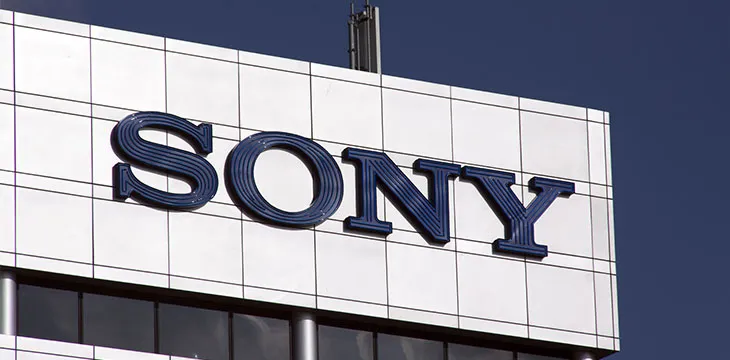|
Getting your Trinity Audio player ready...
|
Sony’s research department continues to innovate in a variety of industries. It has been working on advanced energy supply systems and virtual reality and is heavy into the Internet of Things. Its latest endeavor targets the cryptocurrency industry. Sony Computer Science Labs (SCSL) announced in a press release this past Tuesday that it is preparing to introduce a new hardware crypto wallet.
The wallet isn’t like most hardware wallets. It is a contactless wallet that relies on integrated circuit (IC) technology and is the same size as a credit card. While other similar wallets have already been made available, this is the first that is backed by a large tech giant such as Sony.
The wallet allows a user to access his or her wallet without having to physically plug a USB wallet into a device like a laptop or computer. This eliminates the security risk associated by bypassing networks and devices that might be compromised. As the release details, “In addition, it is possible to securely generate and store a private key with a highly reliable tamper-proof module within the IC card.”
Sony expects the wallet to do much more than just send or receive cryptocurrency. It said in the release, “This IC card-type cryptocurrency hardware wallet technology not only manages the private keys used for cryptocurrency transactions, but also manages private keys used for other purposes, such as those for permitting the use of personal information using blockchain technology.”
These wallets can ultimately be a powerful mechanism for transacting cryptocurrencies. Coupled with technology such as Near-Field Communication (NFC), it will be possible for them to be used exactly like credit or debit cards, but with better security and less fees.
The SCSL isn’t done tweaking the wallet’s final design and still hasn’t decided what to call it. It’s not ready to be introduced to the retail world yet, but, when it is, it will certainly give the competition a run for its money.
Sony has been working hard to advance the cryptocurrency ecosystem. It is involved in several blockchain-projects and already has a few blockchain patents to its credit. One covers a system that enhances blockchain hardware to improve performance and the other envisions a method to use virtual nodes to access a distributed ledger.

 09-18-2025
09-18-2025 





